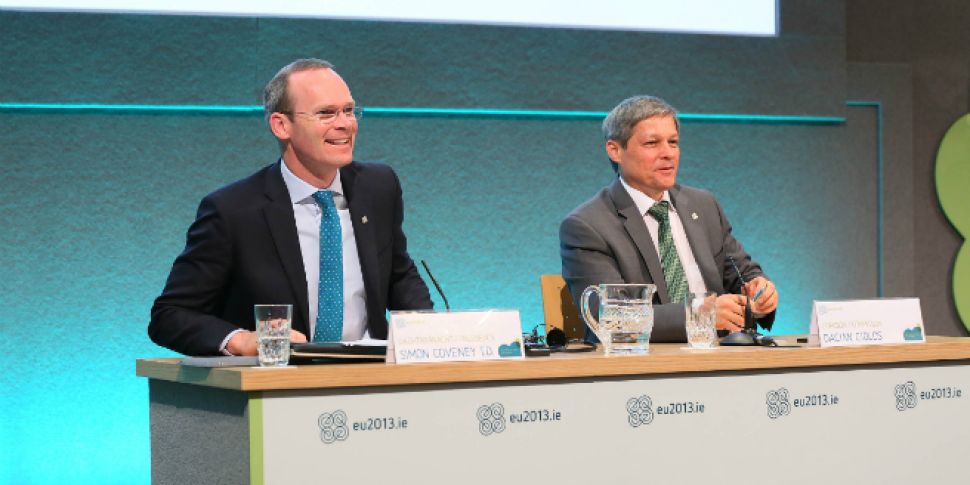Agreement has been reached on reform of the Common Fisheries Policy. The reform delivers a discards ban and also provides the means for new ways of sustainable fishing.
It was reached between the Irish Presidency, European Parliament and the European Commission. The document will now go to the Committee of Permanent Representatives for final approval.
It is being billed as "one of its highest priorities" of the Irish President of the EU. Agriculture Minister Simon Coveney said "Having led months of intensive negotiations, I am delighted that we have now agreed on a policy which is practical, implementable and one which places sustainability firmly at its core".
"It is a policy which will provide for a vital, vibrant industry and healthy fishing stock long into the future" he added.
The agreement was reached between the Irish Presidency, European Parliament and the European Commission and will now go to the Committee of Permanent Representatives for final approval.
The main achievements under the new Common Fisheries Policy will be as follows:
- The new policy has set quotas that fully respects scientific advice. This will lead to healthy fish stocks and higher quotas as fish stocks are managed at maximum sustainable yield levels
- Discarding of fish stocks will no longer be allowed. This ends the old policy which forced fishermen to waste food by discarding fish at sea. The new policy will result in higher quotas for our fishermen
- The new policy puts fishermen at the core of developing technical and conservation measures to protect juvenile fish and vulnerable fish species with a completely new regionalised decision making approach. This is a big change as up to now decision making was centralised in Brussels
- A commitment to develop and strengthen biologically sensitive areas, with spawning grounds and high populations of juvenile fish
On ending discarding, Minister Coveney said "this complex element has been one of the most contentious and difficult to agree given the many different perspectives on how such a ban would work in practice. What we have agreed this morning is to deliver a new fishing policy which strives to help restore our fish stocks and protect the fishermen and communities which depend on fishing for their livelihoods".
The Minister says the reform delivers 'a more transparent and competitive market, as well as empowering fishermen by giving them a central role in decision making for their fisheries'.









